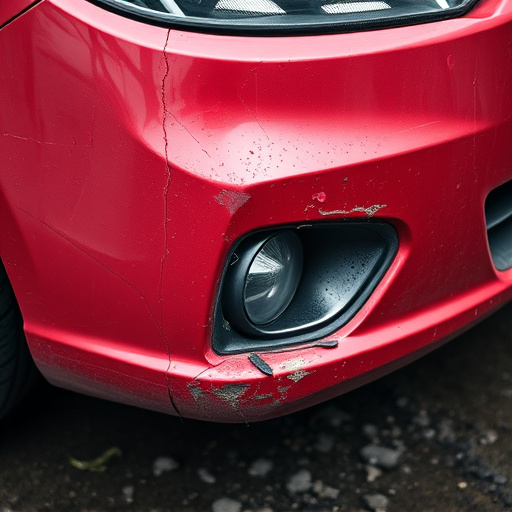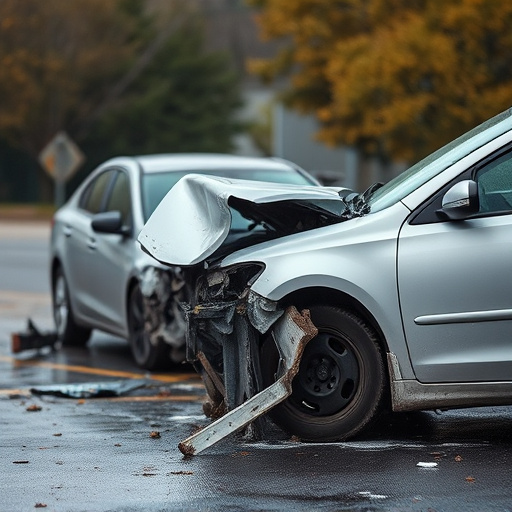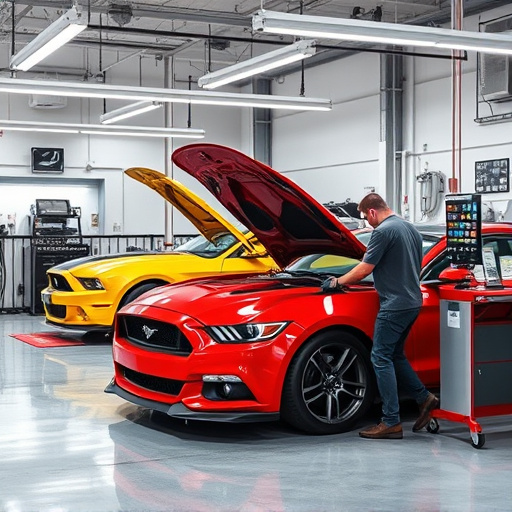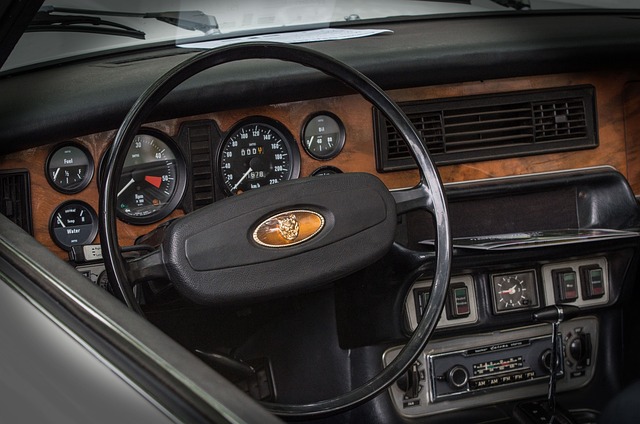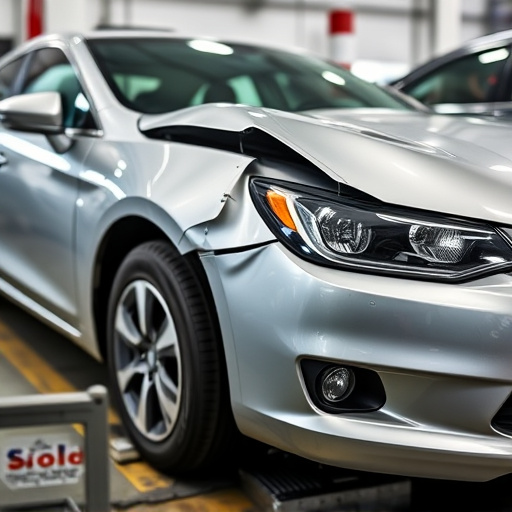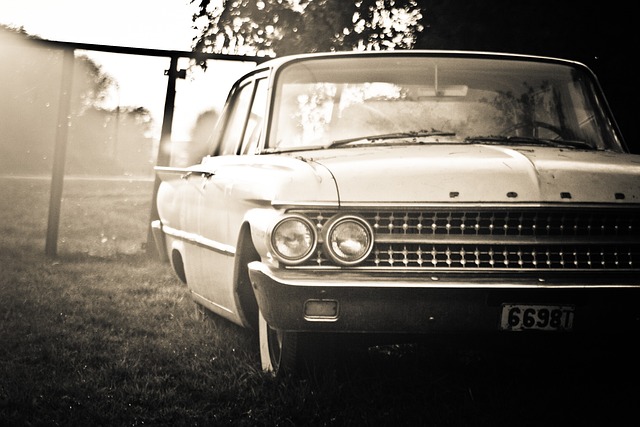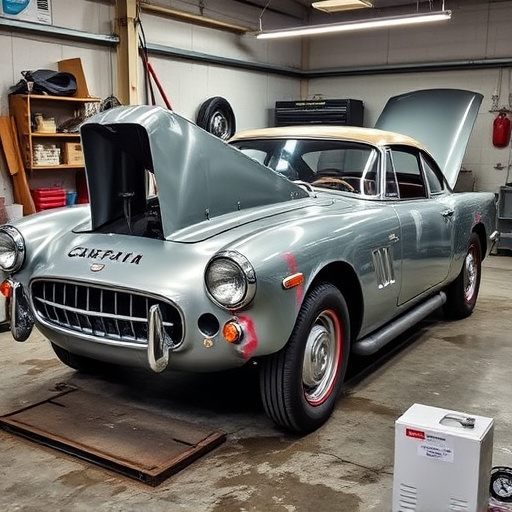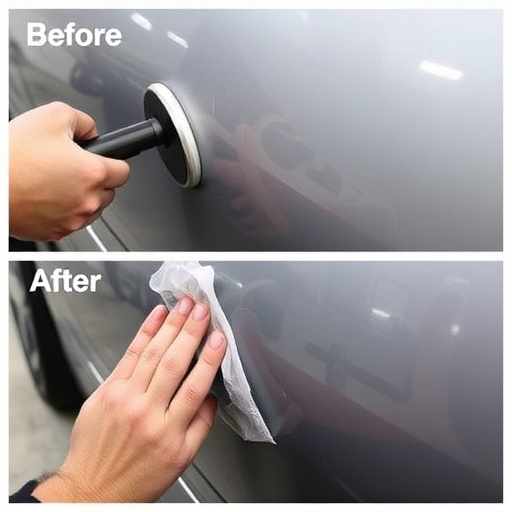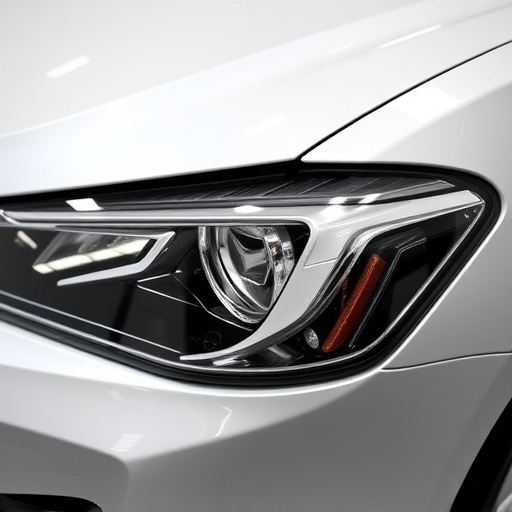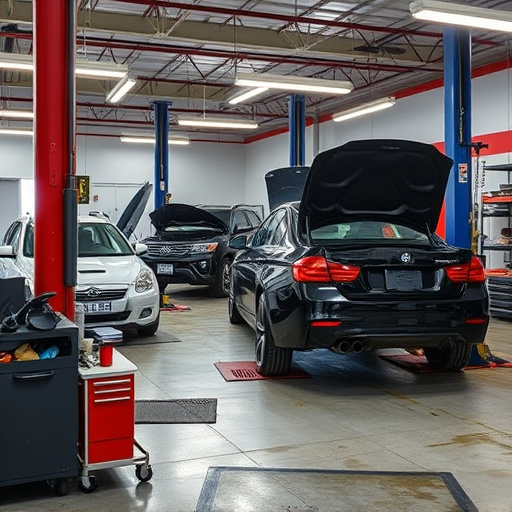When deciding between repairing or replacing car damage, consider costs versus resale value, age and condition of vehicle, and availability of parts. Repairs enhance future sales potential for well-maintained vehicles with minimal damage, but older cars may not justify economic viability. Professional bodywork repairs and restoration techniques maximize resale value by significantly improving vehicle condition.
When faced with a repair or replace decision, vehicle owners often grapple with the impact on resale value. This article guides you through evaluating repair costs versus replacement value, understanding the long-term effects of each choice, and implementing strategies to maximize your car’s resale potential after making that crucial call. Discover how minor repairs can extend your vehicle’s lifespan and retain its value, or when replacing parts might be the smarter move for future sales.
- Evaluating Repair Cost vs Replace Value
- Long-Term Impact on Resale: Repair or Replace?
- Strategies for Maximizing Vehicle Resale After Decisions
Evaluating Repair Cost vs Replace Value
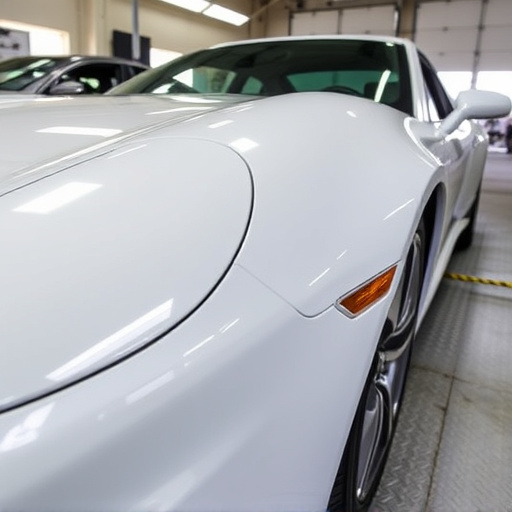
When considering a repair vs replace decision for car damage, the initial step is evaluating the cost of repairs against the value of replacing the item in question. This analysis goes beyond mere financial figures; it involves factoring in the age and condition of your vehicle, as well as the extent of the damage. For instance, a minor dent repair on a relatively new vehicle might be a worthwhile investment, preserving both aesthetics and resale value. Conversely, if your car is older or the damage extensive, such as significant body panel replacements required for vehicle restoration, it may be more economical to consider a replacement.
The decision should also weigh practical considerations like availability of parts and skilled labor for repairs, especially for specialized tasks like dent repair. If these resources are scarce or expensive, replacement might be a swifter and more reliable solution. Moreover, tracking down the right parts for vehicle restoration can be challenging and time-consuming, potentially making replacement a simpler path to take. Ultimately, this evaluation is about balancing short-term costs with long-term benefits, ensuring you make an informed repair vs replace decision that aligns with your financial goals and vehicular needs.
Long-Term Impact on Resale: Repair or Replace?
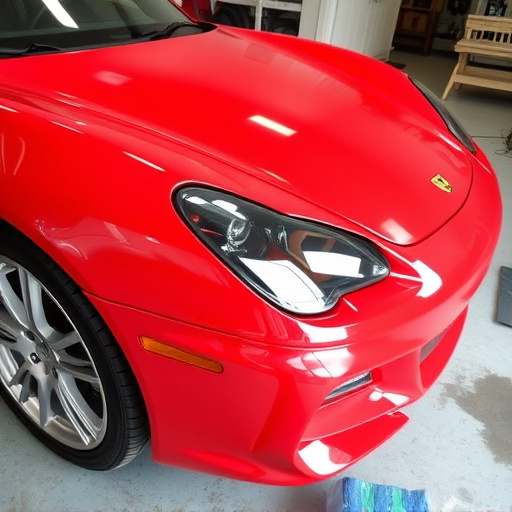
When considering a repair vs replace decision for your vehicle, it’s crucial to look beyond immediate costs and consider the long-term impact on resale value. While a quick fix might seem appealing, opting for automotive collision repair or even a simple bumper repair can significantly enhance future sales potential. A well-maintained vehicle with no visible damage is more attractive to potential buyers, ensuring you get a better return on investment in the long run.
The decision to repair or replace should also factor in the age and overall condition of your car. For older vehicles, repairs might not be economically viable due to diminishing resale value after major incidents. However, for newer cars with minimal damage, repairing issues like dent removal or panel replacements can preserve up to 60% of the original value, making it a wise choice compared to premature replacement.
Strategies for Maximizing Vehicle Resale After Decisions
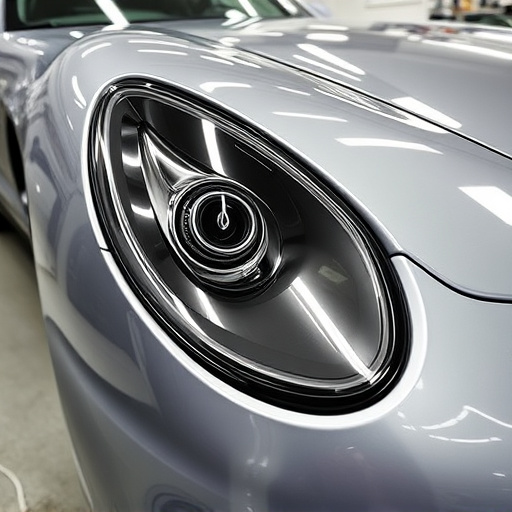
After making the decision between repairing or replacing your vehicle, it’s crucial to implement strategies that maximize its resale value. If you’ve chosen to repair, ensuring the work is done meticulously by professionals specializing in car bodywork services can significantly enhance the car’s overall condition and appeal to potential buyers. This includes fixing structural damage, restoring the car’s paint job, and addressing any mechanical issues.
For those opting to replace, investing in automotive restoration techniques can make your vehicle stand out in a crowded market. This may involve revitalizing the exterior with detailed painting and detailing services, or even going the extra mile with comprehensive interior refurbishment. Remember, a well-maintained and restored vehicle not only commands a higher price but also attracts buyers who appreciate the care and attention put into preserving its original—or reimagined—condition.
When faced with a repair vs. replace decision, understanding the potential impact on your vehicle’s resale value is crucial. While immediate costs may differ, prioritizing long-term investment in your car can preserve its worth. By carefully evaluating repairs and considering strategic steps for maximizing resale after each choice, you can navigate this balance effectively. Remember, whether repairing or replacing, timely maintenance and informed decisions are key to maintaining a healthy market value for your vehicle.



